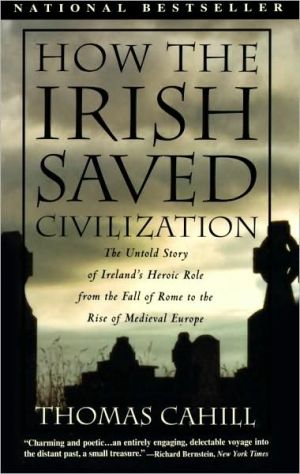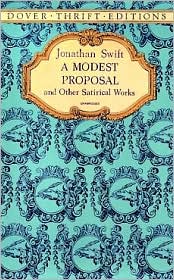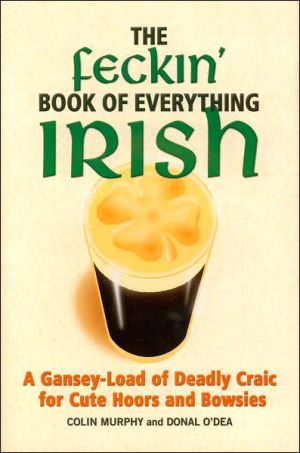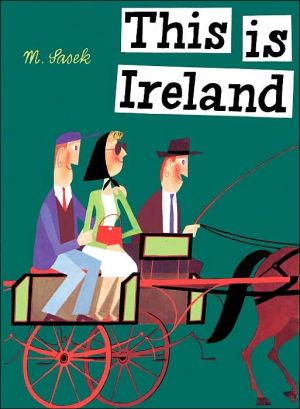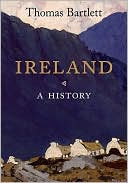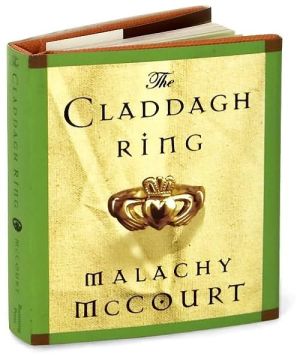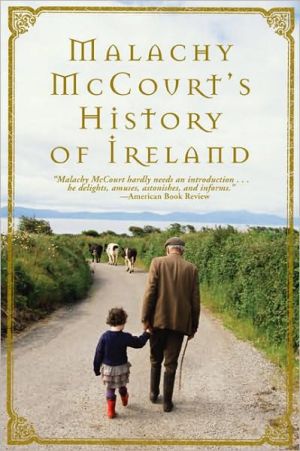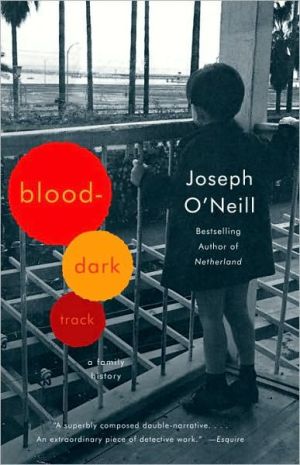Ireland in the Twentieth Century
A rousing history of Ireland in its most tumultous century by one of the most well-known and beloved Irish writers of our time.\ Tim Pat Coogan's Ireland in the Twentieth Century will be a must-read for his legion of fans and anyone interested in Ireland's path through the twentieth century. Encompassing the violent and bloody days of the early twentieth century and peopled with such characters as Michael Collins, Eamon DeValera and James Joyce, this promises to be one of the most popular...
Search in google:
A rousing history of Ireland in its most tumultous century by one of the most well-known and beloved Irish writers of our time. Publishers Weekly Coogan, the respected biographer of Eamon De Valera and Michael Collins, takes a fascinating in-depth look at the country that went from colony in 1900 to economic dynamo by the advent of the 21st century. Coogan takes illuminating looks at De Valera, who gave a face to Irish nationalism, and Collins, who, through his superb intelligence network and the handiwork of his personal assassination squad, terrorized the British out of Ireland. Although no fan of De Valera, Coogan shows what a master politician he was during WWII as, under threat of invasion by the British, he stood firm for Ireland's neutrality, while at the same time accommodating the British by returning downed airmen. One of the heroes of the Irish century is Se n Lemass, who went from being one of Collins's gunmen to being prime minister, starting to bring Ireland out of its economic doldrums. During his regime, from 1959 to 1967, Lemass instituted many changes in education and laid the groundwork for Ireland to join the EEC (which became the EU in 1993). Coogan compares the government of Northern Ireland and its policies toward Catholics to "South Africa under apartheid." He shows how, by gerrymandering, the Unionists stripped Catholics of all power in the "Six Counties." This powerlessness resulted in the civil rights marches of the 1960s, which, when repressed, nourished the long-dormant IRA. Coogan goes through the long process that led to the 1998 Good Friday Agreement and fully credits the work of Bill Clinton, U.S. Ambassador Jean Kennedy Smith, Sinn F in leader Gerry Adams and Prime Minister Albert Reynolds. The politics and culture of Ireland changed dramatically in the 20th century, and Coogan has done a masterful job of taking a very complicated history and making it lively reading. (Mar.) Copyright 2004 Reed Business Information.
Ch. 1Grasping the orange nettle1Ch. 2Aftermath and civil war60Ch. 3From blood to book-keeping142Ch. 4Ourselves (very much) alone230Ch. 5Stormont : a body impolitic298Ch. 6Republicans fall and rise, Croziers fall326Ch. 7Lemass : the window-opener419Ch. 8The green flickers out, the orange ignites459Ch. 9Decade of dissension511Ch. 10Paisley the parliamentarian544Ch. 11Sinn Fein re-emerges578Ch. 12The peace process649Ch. 13Culture and society697
\ From the Publisher"...a fascinating in-depth look at the country that went from colony in 1900 to economic dynamo by the advent of the 21st century...Coogan has done a masterful job of taking a very complicated history and making it lively reading."—Publisher's Weekly\ \ \ \ \ Publishers WeeklyCoogan, the respected biographer of Eamon De Valera and Michael Collins, takes a fascinating in-depth look at the country that went from colony in 1900 to economic dynamo by the advent of the 21st century. Coogan takes illuminating looks at De Valera, who gave a face to Irish nationalism, and Collins, who, through his superb intelligence network and the handiwork of his personal assassination squad, terrorized the British out of Ireland. Although no fan of De Valera, Coogan shows what a master politician he was during WWII as, under threat of invasion by the British, he stood firm for Ireland's neutrality, while at the same time accommodating the British by returning downed airmen. One of the heroes of the Irish century is Se n Lemass, who went from being one of Collins's gunmen to being prime minister, starting to bring Ireland out of its economic doldrums. During his regime, from 1959 to 1967, Lemass instituted many changes in education and laid the groundwork for Ireland to join the EEC (which became the EU in 1993). Coogan compares the government of Northern Ireland and its policies toward Catholics to "South Africa under apartheid." He shows how, by gerrymandering, the Unionists stripped Catholics of all power in the "Six Counties." This powerlessness resulted in the civil rights marches of the 1960s, which, when repressed, nourished the long-dormant IRA. Coogan goes through the long process that led to the 1998 Good Friday Agreement and fully credits the work of Bill Clinton, U.S. Ambassador Jean Kennedy Smith, Sinn F in leader Gerry Adams and Prime Minister Albert Reynolds. The politics and culture of Ireland changed dramatically in the 20th century, and Coogan has done a masterful job of taking a very complicated history and making it lively reading. (Mar.) Copyright 2004 Reed Business Information.\ \

